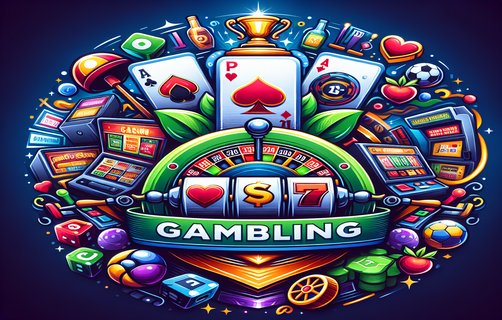Strategic Insights into Poker: A Comprehensive Analysis of Key Betting Tactics and Gaming Dynamics
In the realm of poker, understanding and effectively implementing various strategies can significantly enhance a player’s potential for success. This analysis delves into critical aspects such as C-bet strategy, multiplayer dynamics, progressive jackpots, bonus hunting, hit and run tactics, and understanding poker ranges, with a particular focus on their equivalence to investment strategies.

C-bet Strategy: Continuation betting, or C-betting, is akin to a strong opening position in the stock market. Just as investors project future growth based on initial performance, a player who raises pre-flop and continues with a bet on the flop signals strength. Employing C-bets appropriately lays a foundation for consistent wins, especially when combined with thorough knowledge of opponents’ tendencies. An investor’s judgment in timing the market parallels a poker player’s assessment of board texture and player behavior post-flop.
Multiplayer Games: The dynamics of multiplayer poker resemble trading in diversified portfolios. Each additional player introduces unique variables and risks, much like a fluctuating market influenced by several external factors. As the player pool increases, understanding ranges and game theory becomes paramount. The agility in adjusting strategies to accommodate multiplayer dynamics can be the distinguishing factor between profit and loss, echoing an investor's need to adapt strategies based on market trends.
Progressive Jackpots: The allure of progressive jackpots can be equated to high-risk, high-reward investments. Players must evaluate the probability of hitting these pots against the investment of their bankroll. Just as investors spread capital across high-growth, volatile assets for the chance of substantial returns, players targeting progressive jackpots must be keenly aware of their risks, managing their bankroll judiciously to sustain participation while chasing the larger payouts.
Bonus Hunting: In poker, seeking bonuses parallels identifying undervalued assets in the market. Players must assess various platforms, comparing offers and strategizing their play to maximize profit. This involves meticulous analysis of requirement structures, akin to due diligence in investment evaluations. Savvy players exploit bonuses, much like investors capitalize on market inefficiencies, ensuring ROI is paramount in their decision-making processes.
Hit and Run Strategy: The hit and run tactic in poker’s cash games mirrors short-selling in stock trading. This strategy involves entering a game, capitalizing on a favorable table dynamic, and exiting promptly before the market changes. While this approach can yield quick profits, it can also be risky; just as markets can rebound, opponents may catch on, diminishing the effectiveness of such tactics over time.

Understanding Poker Range: Mastery of hand ranges is akin to market analysis and forecasting. Visiting any poker table without a solid grasp of ranges could be detrimental, like trading stocks without comprehensive market research. An understanding of potential hand combinations relative to each player’s tendencies enhances a player’s decision-making, allowing for strategic bluffs and well-timed aggression.
Neteller Casino: In the context of online poker, Neteller casinos serve as a critical financial tool, facilitating swift deposits and withdrawals. This payment method is essential for maintaining liquidity in play, paralleling an investor's need for readily available capital to seize market opportunities. The choice of a payment method can influence a player’s overall strategy, impacting their ability to respond to evolving game situations.
In conclusion, the comparison between poker strategies and investment tactics illustrates that both fields require a strategic mindset, extensive knowledge, and the ability to adapt to changing environments. By leveraging these concepts, players can develop a cohesive approach that maximizes their edge in the competitive realm of poker.
